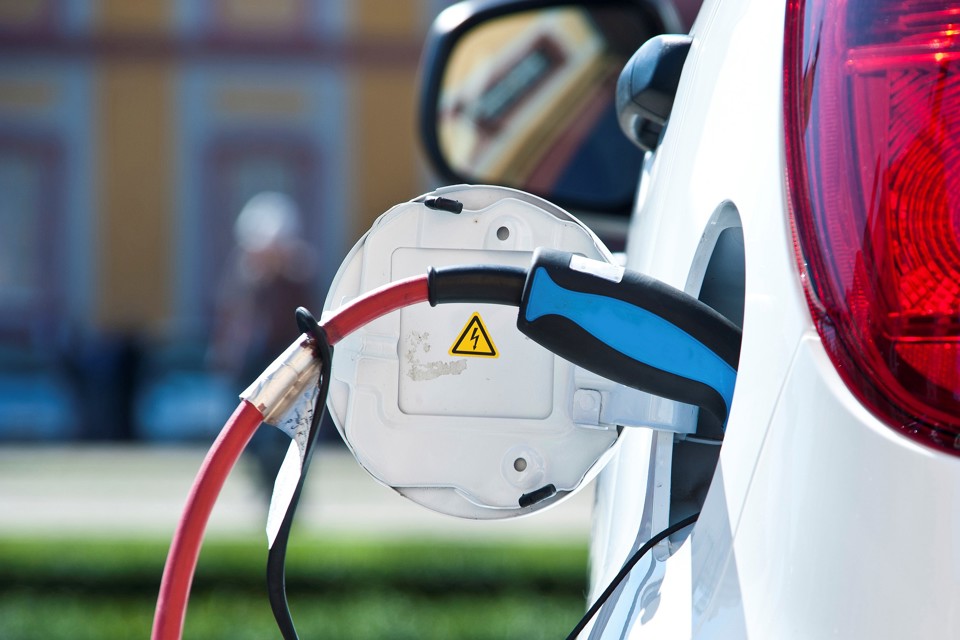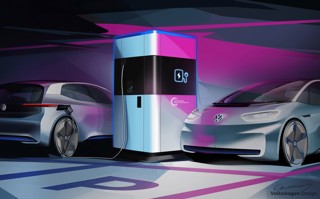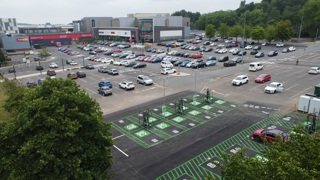A lack of clarity is making it difficult for electric vehicle drivers to choose the best domestic electricity tariff to charge their vehicles, research by Citizens Advice has found.
The charity found a wide variation in the price of available tariffs, while unclear extras such as discounts on home chargers, free installation of chargers and discounts for public chargers make it hard for consumers to determine the actual cost of a particular tariff.
The Take Charge report highlights a lack of comparison tools tailored to EV drivers and that EV tariffs rarely feature on existing price comparison sites.
Gillian Guy, chief executive of Citizens Advice, said: “The EV tariff market is expanding rapidly and it is crucial that consumers can make informed choices.
“It’s important to have genuine choice between competing tariffs. That means there needs to be transparency of costs and that suppliers properly support this growing group of consumers.”
The research found that tariffs vary widely according to suppliers and meter type, with estimated annual costs ranging from £811 to £1,442.
The charity created a price model to estimate the annual costs of certain EV tariffs, and found that single rate tariffs varied between £1,298 and £1,442.
Estimates for Economy 7 tariffs targeted at EV used ranged between £811 and £938.
The report also found that some suppliers only offer home chargers to custeomers eligible for the OLEV electric vehicle homecharge scheme, which provides a grant which is a 75% contribution towards the cost of one charge point and its installation up to a maximum of £500.
Fiona Howarth, CEO of Octopus Electric Vehicles, added: "This report demonstrates that time of use tariffs are great for EV drivers, and we need to see more of this sort of innovation.
“Incentivising customers to charge when energy is cheap and green, and when the grid has availability is key to delivering an affordable low carbon future."




















Login to comment
Comments
No comments have been made yet.